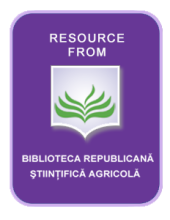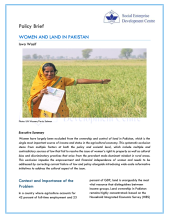/ library resources
Showing items 1 through 9 of 89.Based on a theoretical discussion from global perspective the paper describes present rural land administration and management structure in Bangladesh. Bangladesh is a land scarce country with high-density population.
In land law, legal norms are regulating land legal relations, which represent a complex of relations that appear between the landowners in the process of land use.
Over the past decade, the Lao government has developed the policy of ‘Turning Land into Capital’ (TLIC), a strategy for generating revenue and economic value from ‘state land’.
This article describes and analyses the tensions, ambivalence, and hybridity that prevail in the nexus between discourses of gender and the legal pluralism of the new, formalized, and customary ways of handling land titles.
This paper explores assumptions about the drivers of forest cover change in a Payments for Environmental Services (PES) and Reduced Emissions from Deforestation and Degradation (REDD+) context in the Lam Dong Province in Vietnam.
Political and economic transitions have had substantial impacts on forest conservation.
Political transitions often trigger substantial environmental changes. In particular, deforestation can result from the complex interplay among the components of a system—actors, institutions, and existing policies—adapting to new opportunities.
Women have largely been excluded from the ownership and control of land in Pakistan, which is the single most important source of income and status in the agricultural economy.
Internationally there are an alarming number of violations of indigenous peoples’ land and human rights.
Paginação
Land Library Search
Through our robust search engine, you can search for any item of the over 73,000 highly curated resources in the Land Library.
If you would like to find an overview of what is possible, feel free to peruse the Search Guide.





